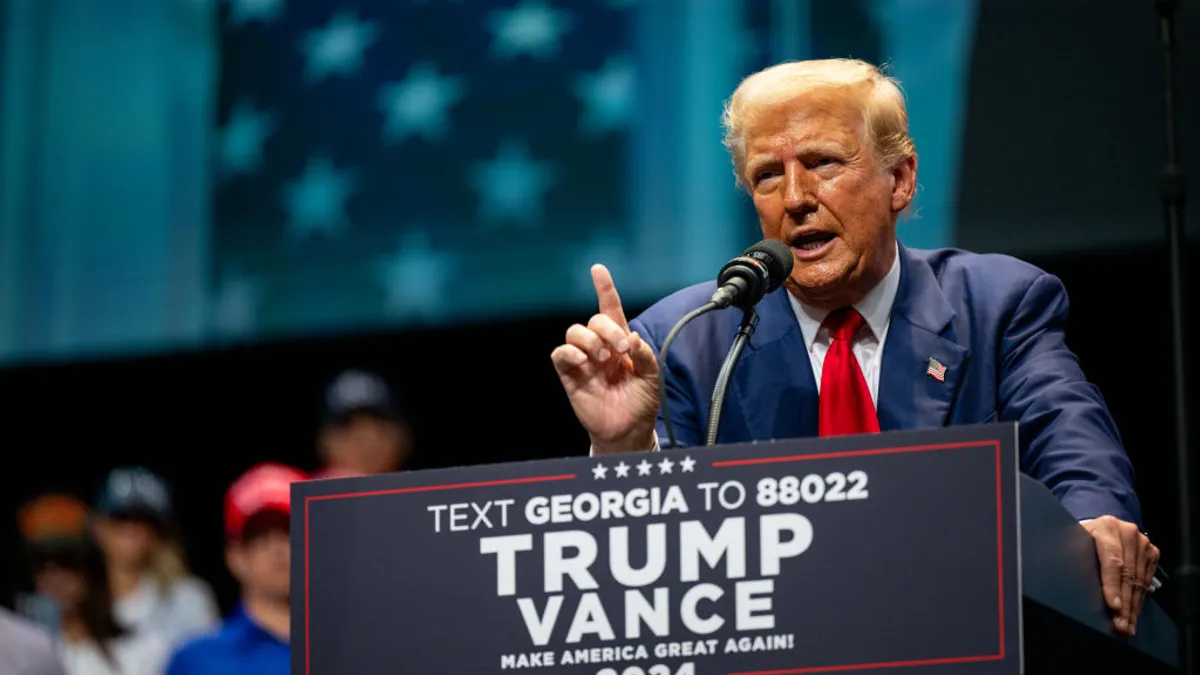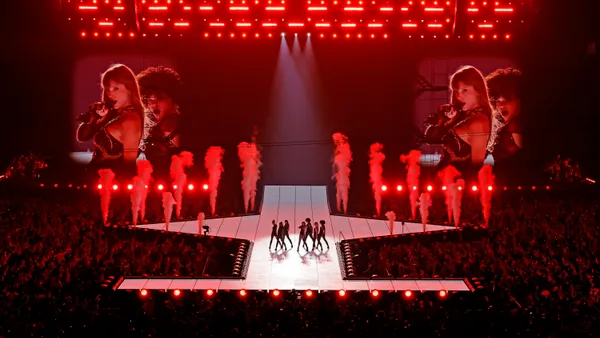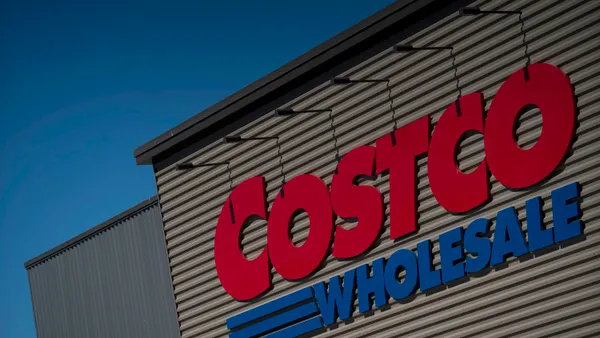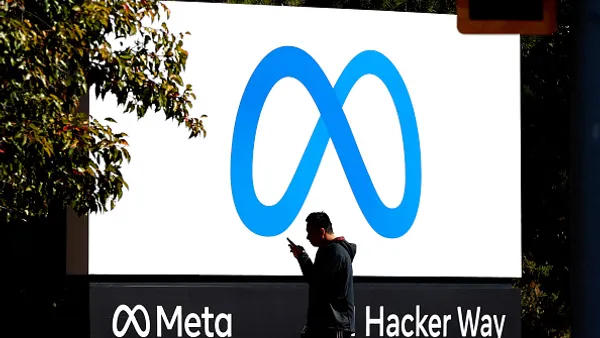Dive Brief:
- Over the past five years, the number of executives with diversity and inclusion (D&I) titles has more than doubled, according to a report released June 23 by ZoomInfo, a business-to-business database. The COVID-19 pandemic is affecting employees of all backgrounds, and national calls for racial justice continue following the recent killings of Black Americans, leading many businesses to reconsider their role in enforcing equality. Hiring diversity executives is a long-term investment for companies who want to assist employees through these current times of crisis and beyond, the information services company noted.
- ZoomInfo's analysis of 60 million professionals in its database found that approximately 2,250 roles with "diversity" or "inclusivity" in the title existed in 2019, compared to 876 in 2014. Until 2010, fewer than 500 companies had employees D&I in their title, according to the report.
- Over a third (39%) of Fortune 500 companies have a diversity executive with a title of director or higher as of Q1 in 2020, the report stated. "Most diversity executives oversee internal diversity-related programs, foster a general sense of comradery among employees and take measures to assure that minorities within the community feel supported," according to Zoominfo.
Dive Insight:
The disproportionate effects of the pandemic experienced by people of color and the protests that followed the killing of George Floyd, Ahmaud Aubrey and Breonna Taylor resulted in some companies creating D&I positions that previously did not exist.
Korn Ferry, an executive search and workforce consulting firm, announced Michael Hyter as its first-ever chief diversity officer June 11. Hyter's duties will include setting the agenda for inclusion across a global workforce. He told HR Dive that he views the role as "a strategic part of the structure of the business."
Crowe LLP, a public accounting, consulting and technology firm headquartered in Chicago, appointed Chris Mitchell its first-ever chief diversity officer April 9. "Chris was a logical choice for us because he's been working with us for the better part of a year or more as our partner champion around D&I," Chief People Officer Julie Wood told HR Dive. To come through the COVID-19 crisis as "a better and stronger firm," a focus on D&I was "more critical than ever," Wood said.
Some companies that already employed D&I professionals placed an even greater emphasis on diversity, inclusion and belonging. TD Bank leadership affirmed that any act of racism or hatred is unacceptable in immediate communication to its workforce, Girish Ganesan, global head of diversity and inclusion at TD Bank, told HR Dive in an interview. The company committed to augmenting D&I education and training modules, placing a greater focus on issues affecting Black employees and creating spaces for discussion, Ganesan said.
In June, TIAA President and CEO Roger Ferguson announced a new program called Be the Change created to "uplift our workforce and our communities through dialogue, education and engagement," Ferguson said in a letter to clients. The program allows employees to get involved in community initiatives, while making a commitment to reflect on how to bring forth a positive change in the workplace and society.
"We did not want this launch to just be words on a page and a social media post," Corie Pauling, the financial organization's chief inclusion and diversity officer and head of corporate social responsibility, told HR Dive. "We actually wanted to be able to shed a light on what we know is going on in the community, what our internal opportunities are, and actually put effort and resources toward it."















